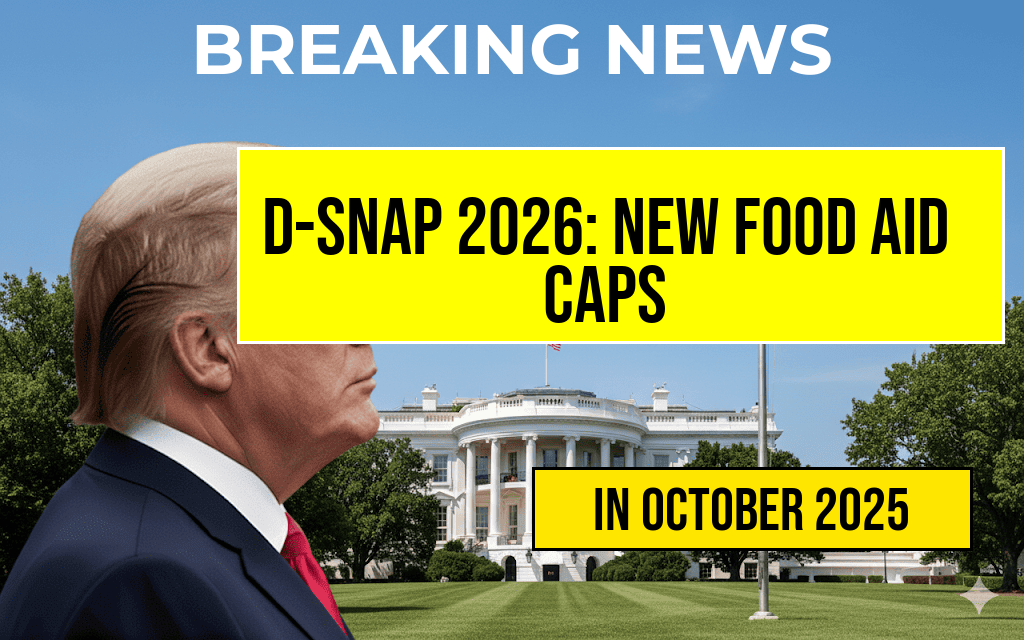As the looming threat of a government shutdown intensifies, millions of Americans enrolled in the Affordable Care Act (ACA) are facing uncertainty regarding their health insurance subsidies. Monthly credits, which can range from $300 to $800, are under scrutiny as lawmakers grapple with budget negotiations. These subsidies play a crucial role in making healthcare affordable for low- to middle-income families. If a shutdown occurs, the future of these financial supports could hang in the balance, leaving many individuals and families at risk of losing access to essential health services. With health insurance costs continuing to rise, the stakes have never been higher for those relying on these subsidies to manage their healthcare expenses.
Understanding ACA Subsidies
The Affordable Care Act was designed to expand health insurance coverage in the United States, providing financial assistance to those who qualify. ACA subsidies come in the form of premium tax credits, which help reduce the monthly costs of health insurance purchased through state and federal marketplaces. The amount of the subsidy is determined by household income and the cost of coverage in the local area.
The Impact of a Government Shutdown
A government shutdown occurs when Congress fails to pass funding bills necessary for the federal government to operate. During such events, non-essential services are halted, and many federal employees are furloughed. While essential services like Social Security and Medicare continue, ACA subsidy payments could be delayed, leaving millions without the financial support they need to pay for their health insurance premiums.
Potential Consequences for ACA Enrollees
- Loss of Coverage: Without timely subsidy payments, many individuals may be unable to afford their insurance premiums, leading to a lapse in coverage.
- Increased Financial Strain: Families relying on these credits may face unexpected financial burdens, particularly if they have significant medical needs.
- Healthcare Access Issues: A reduction in coverage could result in fewer people seeking necessary medical care, exacerbating public health challenges.
Current Legislative Landscape
As the deadline for budget negotiations looms, various factions within Congress are debating the role of ACA subsidies in the funding discussions. Some lawmakers advocate for the preservation of these subsidies, emphasizing their importance in promoting affordable healthcare and maintaining public health standards. Others are pushing for cuts to federal spending, which could jeopardize the future of these financial supports.
Public Response and Advocacy Efforts
Advocacy groups are mobilizing to raise awareness about the potential impact of a shutdown on ACA subsidies. Organizations such as the Kaiser Family Foundation and Health Affairs are actively engaging in public campaigns to inform constituents about the implications of the ongoing budget discussions. Many are urging lawmakers to protect health subsidies as a vital component of the American healthcare system.
Looking Ahead
As negotiations continue, the fate of ACA subsidies remains uncertain. Lawmakers are under increasing pressure to reach a compromise that will prevent a shutdown while ensuring that millions of Americans retain access to affordable health care. The outcome of these discussions could set a significant precedent for future healthcare policy, potentially affecting coverage for years to come.
Key Takeaways
| Impact | Consequences |
|---|---|
| Loss of Coverage | Individuals may not afford premiums without subsidies. |
| Increased Financial Strain | Significant medical needs could lead to financial hardships. |
| Healthcare Access Issues | Reduced coverage may deter people from seeking care. |
The implications of this ongoing battle over ACA subsidies underscore the interconnectedness of healthcare policy and federal budget negotiations. With millions of lives potentially at stake, the outcome of this debate will resonate far beyond the halls of Congress.
Frequently Asked Questions
What are ACA subsidies and why are they important?
ACA subsidies are financial assistance provided under the Affordable Care Act to help individuals and families afford health insurance coverage. These subsidies can significantly reduce monthly premiums, making health care more accessible to millions of Americans.
How much can individuals expect to receive in ACA subsidies?
Individuals can receive monthly credits ranging from $300 to $800, depending on their income and household size. These credits are designed to lower the cost of health insurance premiums, making coverage more affordable.
What is the impact of a government shutdown on ACA subsidies?
A government shutdown could jeopardize the funding for ACA subsidies, potentially disrupting the financial assistance that many rely on to pay for their health insurance. This situation has become a key issue in ongoing political negotiations.
Who is most affected by changes to ACA subsidies?
The changes to ACA subsidies primarily impact low- to middle-income individuals and families who depend on these financial supports to afford health insurance. A reduction or elimination of these subsidies could leave many without affordable coverage options.
What can individuals do if they are worried about losing their ACA subsidies?
Individuals concerned about losing their ACA subsidies should stay informed about the political discussions regarding funding and consider exploring alternative health insurance options through the marketplace. It’s also advisable to contact local advocacy groups for guidance and support.








